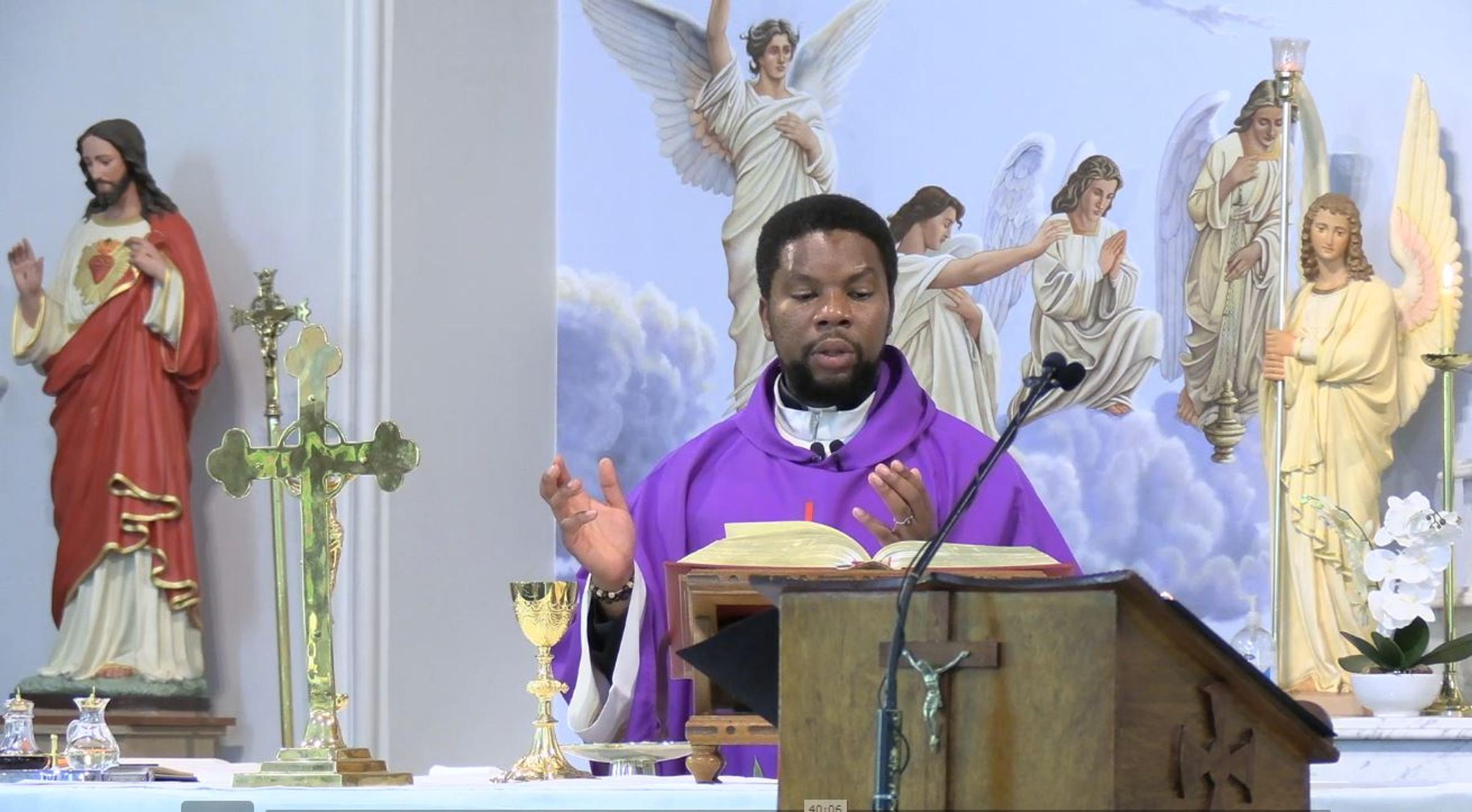College Chaplain

My Dear brothers and sisters,
As easter approaches, I stumbled on this write up by Chris Burgwald who holds a doctorate in theology and is the director of Adult Discipleship and Evangelization for the Diocese of Sioux Falls.
It stresses the importance of confession during lent.
Question:
Why does the Church require going to confession during Lent?
Answer:
The requirement for Catholics is to receive the sacrament of reconciliation or confession at least once per year, but it does not specify when that should be. Many Catholics, however, do receive this sacrament during the Lenten season, and for good reason: Lent is an especially penitential season, meaning that during Lent we are called to make an extra effort to examine our lives and to strive to live in greater conformity with our faith, to imitate Jesus in a greater way.
During Lent we also take on some extra penitential practices to grow in holiness and be free from the bondage of sin. Because of this, it is fitting that many Catholics choose to receive the sacrament of reconciliation during this holy season.
At the same time, the Church’s requirement to go to confession once a year is only the bare minimum; we are highly encouraged to receive this sacrament regularly and often.
The essential purpose of confession is to free us from sin, mortal sin. Jesus gave us this sacrament so we might have some means by which our serious sins can be forgiven and by which we can have certainty the sins we confess are indeed forgiven.
While we can sometimes ask, “Do I have to confess my sins to a priest?” in truth our response might be that “we get to confess our sins to a priest.” Remember, Jesus explicitly gave His authority to forgive sins to His Apostles: after He rose from the dead, He appeared before them, breathed on them, and said, “Receive the Holy Spirit. Whose sins you forgive are forgiven them, and whose sins you retain are retained.” (John 20:22-23)
It’s certainly true that those who have not received the sacrament of reconciliation for an extended period often find it difficult to receive the sacrament, and in many ways, this is understandable: it is humbling to tell your sins to another person. But we can and must take solace in the fact that this sacrament is in fact a gift from God to us.
Just a moment of self-reflection is often sufficient to show us we do not live as we ought to, and in many cases, we cannot change ourselves… becoming the men and women we ought to be is impossible without the grace of God. And this sacrament is given to us as how we might be freed from the sins that weigh us down, that prevent us from being what we can be.
It’s for this reason it has been the practice of Catholics for many, many centuries to receive this sacrament in order to have each and every sin wiped away. Many saints and spiritual writers encourage all Catholics to receive this sacrament monthly, and in fact many people receive it on a weekly basis.
It’s worth noting that the form for the sacrament as we’ve been practicing it since around the 11th century is far easier than it was in the early centuries of the Church. Back then, in many places the norm was you confessed your serious sins in public, before the entire congregation, and the penances given often were not complete for weeks or months.
So instead of seeing the practice of going to confession as a burden, ask God for the gift of seeing it as it really is a great gift from Him. This sacrament is the means He has given to us, his beloved daughters, and sons, as the normative means by which we might restore our relationship with Him when we’ve done it harm, and as how we can in fact deepen that relationship.
By way of conclusion, consider the words of the great saint and spiritual writer St. Francis de Sales in his classic work, Introduction to the Devout Life, regarding the gift of this sacrament.
“In confession you do not only receive absolution for your venial sins, but you also receive great strength to help you in avoiding them henceforth, clearer light to discover your failings, and abundant grace to make up whatever loss you have incurred through those faults. You exercise the graces of humility, obedience, simplicity, and love, and by this one act of confession you practice more virtue than in any other.”
Written by
Chris Burgwald
I encourage you to use the available times for confession or to approach any priest at any time to receive this sacrament of healing.
I also encourage you to actively participate in the Triduum before Easter.
Thanks, and God bless.



